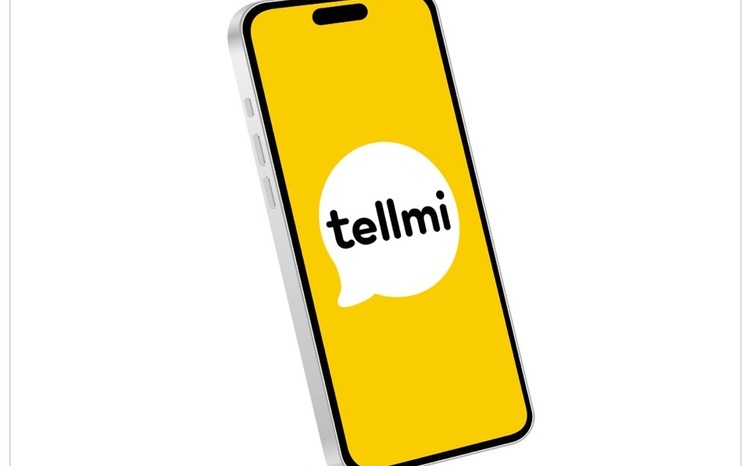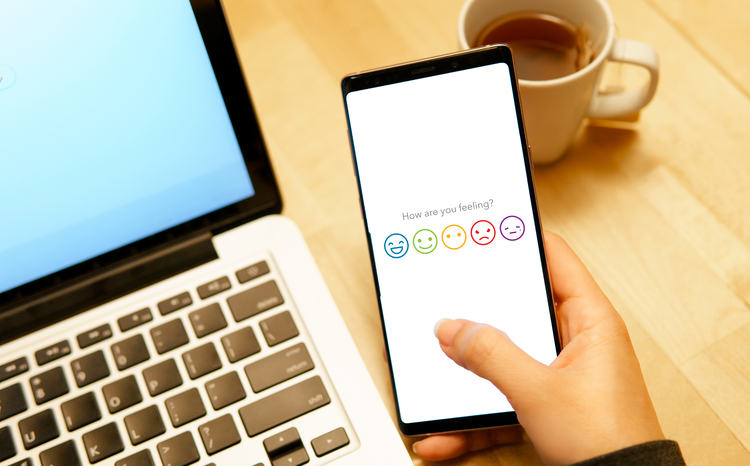NHS Information Charter Needed Says Consumers Association
- 8 October 2002
The NHS should publish a charter outlining how it will share health information and service users must be given a chance to isolate and control access to the most sensitive details, according to new research on public attitudes to electronic records.
The research, conducted by the Consumers Association and the NHS Information Authority, found that while people were generally happy to share health information they had serious reservations about sensitive details in their records and access to records for non-clinical staff.
A quarter wished to exclude sensitive information about sexual or mental health, for example, from routinely shared information; more than a third wanted to be consulted every time their details were shared and half thought clerical staff should not have access to any treatment records.
Only 60% wanted ambulance staff to have access to all or most of their information; just 22% trusted hospital managers with their full information and only 44% were willing to allow them to have access to clerical information. Only 16% favoured the idea of giving drug companies full access to records.
The idea of having “virtual sealed envelope” of health information which could only be retrieved with the patient’s express permission was welcomed participants in the research, but it emerged that they would put little or nothing in the “envelope”.
There was a divide between the sexes and people from different racial groups with women and “white” respondents wanting a higher level of consent than men and people from ethnic minority groups.
Just under half were reassured that confidentiality would be protected by a published sharing agreement in which the NHS set out who has access to what information.
Commenting on the findings in Health Which?, the Consumers Association magazine, NHSIA head of patient and citizen relations, Marlene Winfield said, “I didn’t realise how important a public sharing agreement would be to the public. It wasn’t considered a priority before – it will have to be now.”
The qualitative and quantitative research was carried out on a sample of 2087 people aged 15 and over. One-to-one interviews were conducted with people who did not speak English and those whose records hold sensitive information about mental health problems, genetic predisposition to certain conditions, a termination of pregnancy or a diagnosis of HIV or AIDS.




